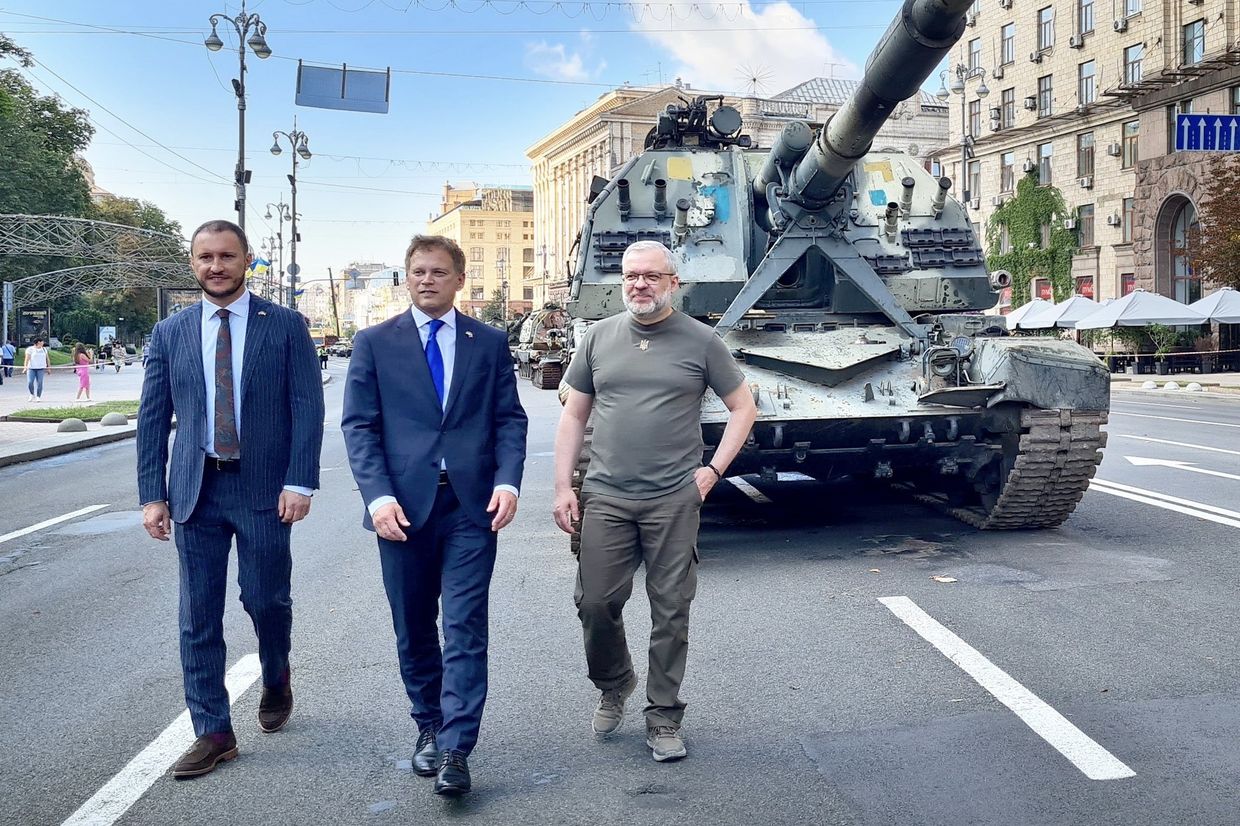Germany’s Rheinmetall to supply 150,000 shells to Ukraine

German arms manufacturer Rheinmetall announced that Berlin has ordered the production of 150,000 artillery shells for Ukraine, the company’s website published on Oct. 10.
Although the buyer is the German government, the end user of the munitions will be the Ukrainian Armed Forces.
Tens of thousands of rounds are scheduled to be delivered by the German Bundeswehr in 2023 while the remainder will be sent next year.
“Rheinmetall’s family of artillery ammunition includes the high-explosive DM121 shell, the DM125 smoke/obscurant projectile and (jointly developed with Diehl) the DM702 SMArt sensor fuse munition, plus the RH68 practice round and the range-optimized RH1901 an RH1902 smoke/obscurant projectiles,” reads the announcement.
Both Ukrainian and Russian forces are firing thousands of artillery rounds a day, according to Michael Kofman, a senior fellow at the Carnegie Endowment for International Peace.
"In an environment where neither side is able to obtain air superiority, then the way of fighting is going to very heavily privilege artillery."












